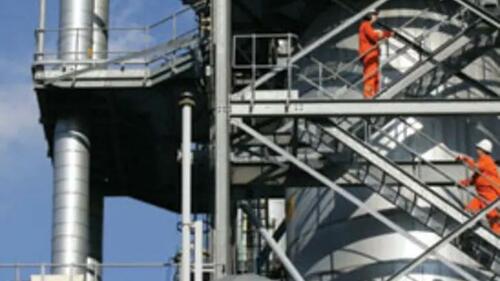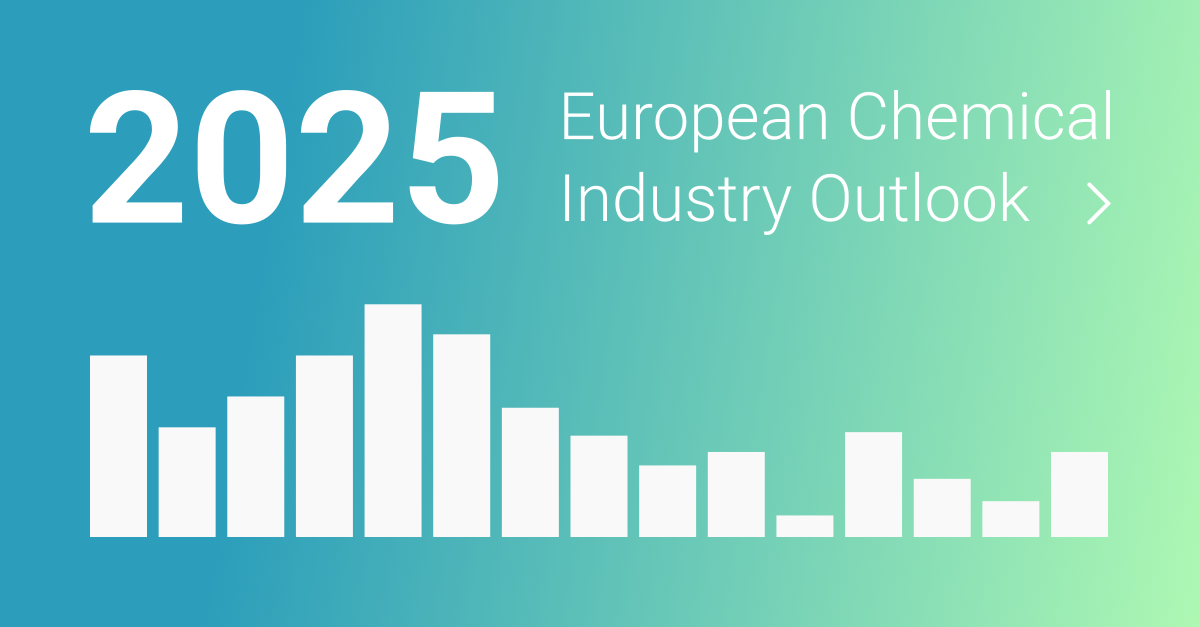
- Closure of the Ethanol Plant at Grangemouth proposed for Q1 2025
- Consultations with employees and Trade Union to begin
- 44 direct employees involved in ethanol production at Grangemouth
- Ethanol used in pharmaceutical, healthcare, and sanitiser industries
Closure Proposal
INEOS O&P UK has announced a proposal to close its Ethanol Plant at Grangemouth in the first quarter of 2025. The company will begin consultations with employees and the Trade Union regarding this proposal.
Reason for Closure
The decision follows a comprehensive review and is driven by a decline in demand for ethanol in Europe and increased competition from imports. These factors have led to the ethanol business at Grangemouth operating at a loss for several years.
Employee Redeployment
All staff involved in ethanol production at Grangemouth, totaling around 44 direct employees, will be offered alternative roles within the company. The overall workforce at INEOS O&P UK is nearly 1000 employees.
Continued Supply
Customers will continue to receive ethanol supplies from INEOS' other plant located in Herne, Germany. The Grangemouth ethanol plant, commissioned in 1982, will be phased out in a structured manner.
Ethanol Production
Ethanol, an alcohol extensively used in the pharmaceutical, healthcare, and sanitiser industries, is produced synthetically at Grangemouth by adding water (steam) to ethylene. An alternative production method involves fermenting yeast cultures with sugars or starches.
